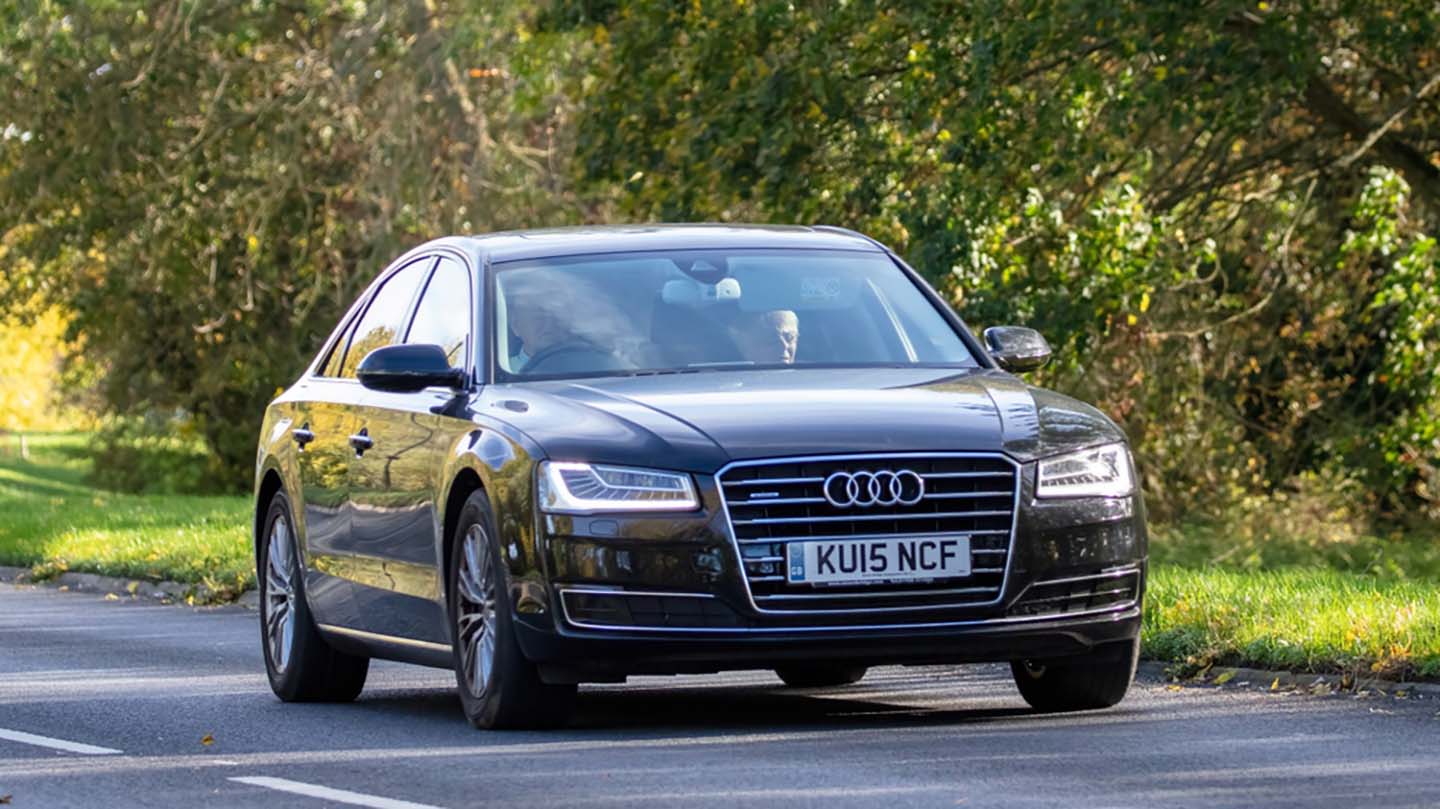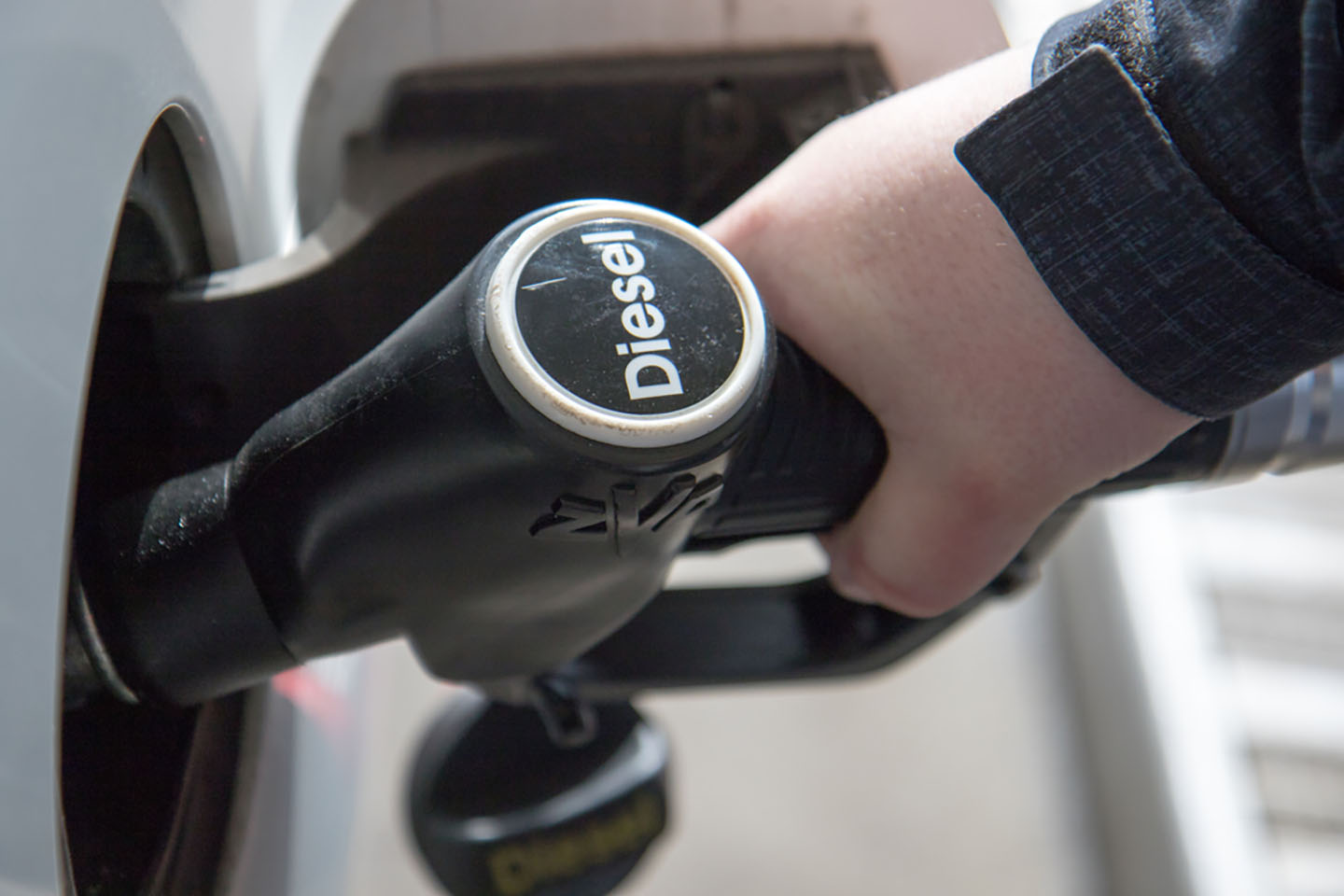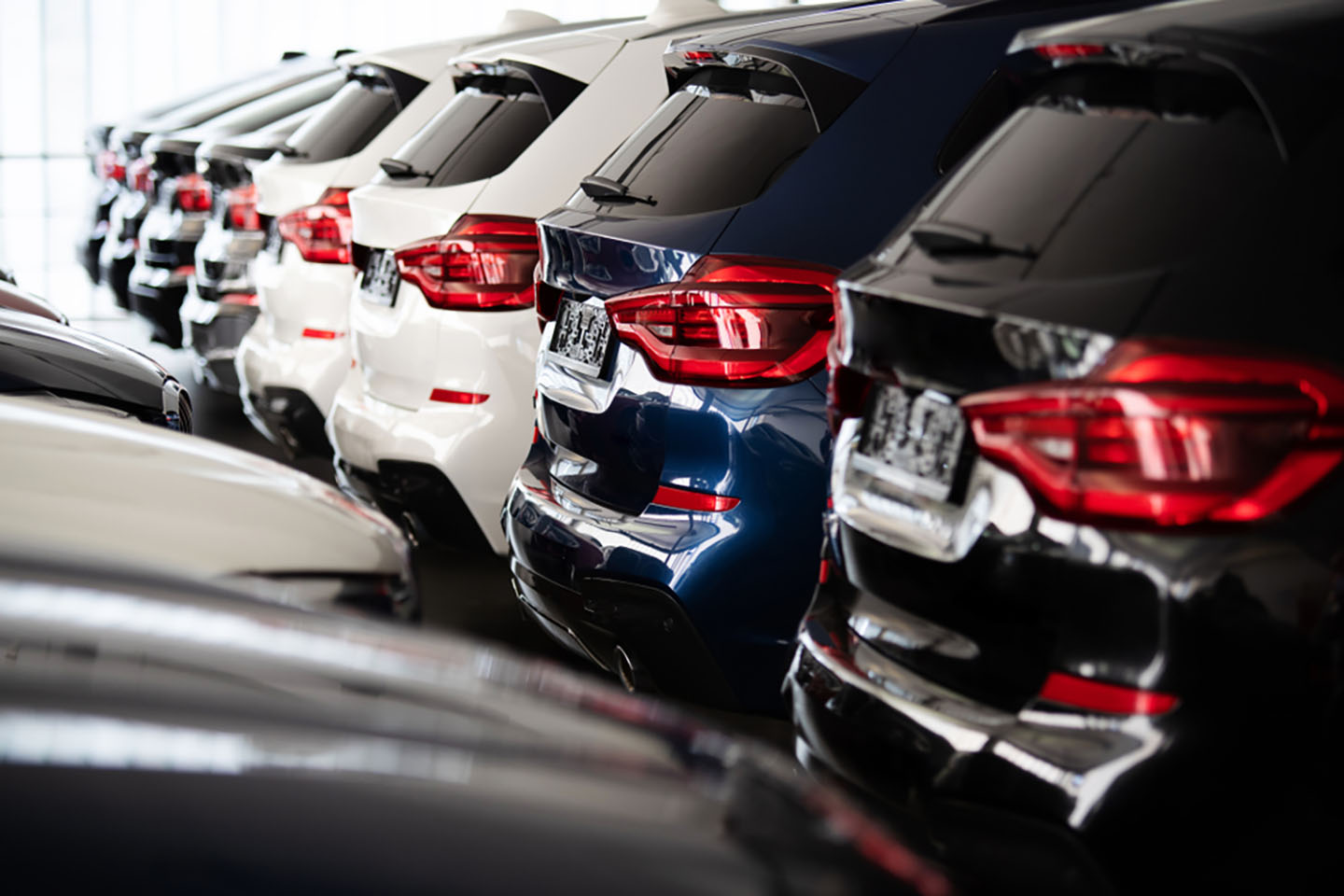What Cars Use Diesel?
Nov 16th 2023

Sue Thatcher / shutterstock
The number of diesel cars on the road in the U.S. has increased 47.6 percent since 2010 as more manufacturers invest in passenger diesel vehicles to reduce fossil fuel emissions. You might associate the term “diesel” with heavy-duty trucks and industrial vehicles, but diesel fuel and combustion technology aren’t just for towing. They can help everyday drivers rein in their transportation and maintenance costs, reducing how much fuel they consume. From vans to flashy sports cars and practical SUVs, these kinds of vehicles tend to be especially popular in Europe as the continent shifts toward more renewable energy. So, what cars are considered “diesel,” and what does all this mean for you? Learn about some of the latest diesel car models available on the market today.
How Are Diesel Cars Different from Gas?
All non-electric cars use internal combustion to convert fuel and air into mechanical energy, which rotates the crankshaft and spins the wheels. Gas-powered engines use an electric spark via the spark plugs to ignite the mixture, while diesel engines use compression-ignited combustion with glow plugs heating the air and fuel until it burns.
Learn more: What is diesel, and how does it compare to gas?

The latter extracts more energy from the fuel to improve efficiency and reliability, with some diesel cars getting 50 mpg or more. Diesel vehicles use sophisticated direct injection fuel lines and highly-pressured oil to increase acceleration, helping you go from 0 to over 60 mph in less than five seconds. Thanks to their modern, reinforced construction, they also last longer than gas-powered cars, with a lifespan of up to 500,000 miles — nearly five times longer than the average gas-powered car. Practice proper maintenance by monitoring your oil, coolant, and fuel consumption to extend the life of your diesel truck.
Unlike gas, diesel vehicles use emissions reduction systems to limit air pollution. Some recirculate the exhaust gas using an EGR cooler, which cools the gas before reinjecting it into the combustion chamber. If you’re buying a used diesel car, replace the coolant system to avoid overheating the engine. Worn fuel injectors and a lack of oil can reduce fuel efficiency and power by making it harder for the engine to burn the fuel. Unburnt particles and debris can clog the exhaust. Listen for strange sounds when accelerating on a dime to ensure the exhaust can escape. Replace the diesel exhaust system to prevent clogs and cracks that can damage the engine.
Shop All Diesel Products

Wellnhofer Designs / shutterstock
Diesel Passenger Cars
Popular models include the roomy and efficient Volkswagen Golf, the Mercedes-Benz E-Class for a luxury interior and a ride that will turn heads, and the always-practical Ford Focus with up to 61 mpg. The Peugeot 508 and Peugeot 2008 are stylish alternatives with competitive fuel efficiency ratings. The Audi S5 and A4 have their fans, but they tend to be a bit overpriced without as many thrills. The Opel Insignia is ideal for families on a budget, along with the Chevrolet Cruze, with the diesel automatic version getting up to 47 mph on the highway.
Diesel Vans
There aren’t as many diesel vans as cars due to less demand, with Ford, GMC, Chevrolet, and Mercedes-Benz leading the pack. The MB Sprinter Van gets a combined fuel rating of 17.72 mpg paired with a celebrity-style interior. The GMC Savana 2500 comes in at around 15 mpg with enough space for up to 12 passengers. The Ford Transit Connect Passenger Wagon is the most fuel-efficient, netting about 25 mpg.
Diesel SUVs
The Peugeot 208 leads the class with its stylish interior, low noise output, and astonishing fuel efficiency of up to 74 mpg. The Citroen C3 is a close second with its impressive 71 mpg. The Peugeot 2008 isn’t as quiet or fuel-efficient but has a roomier trunk for long-distance trips. The Audi Q7 is a solid choice with peak speeds of up to 176 mph and adequate storage space, but it gets a somewhat disappointing combined fuel efficiency rating of 23 mpg.
The number of diesel passenger vehicles on the market is expected to grow in the years to come as more drivers look to reduce their carbon footprint. Every car, van, and SUV mentioned above is a worthy investment. Finding the right diesel all depends on what’s most important to you.
